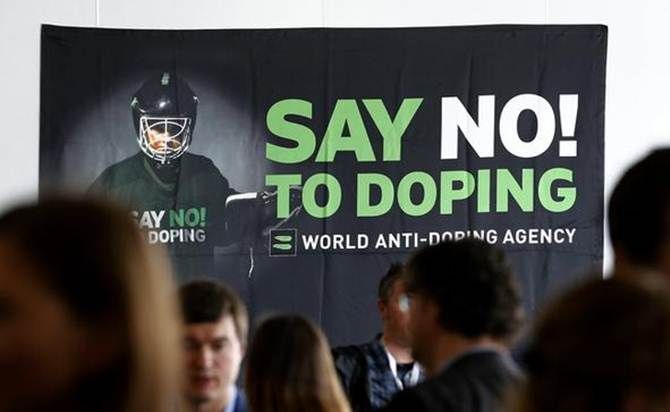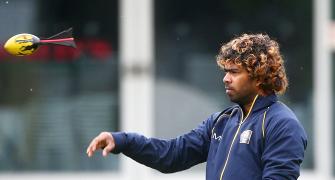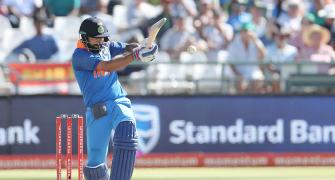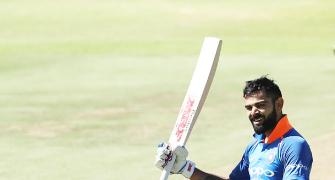
Whistleblowers in sport should not go public with their information because they would be compromising their potential protection, the World Anti-Doping Agency (WADA) said on Thursday.
WADA is at the heart of the biggest doping scandal in years after three Russian whistleblowers went to the media and exposed a massive systematic doping scheme in the country across many sports and involving more than 1,000 athletes.
"We will protect and defend (all whistleblowers') interests," WADA President Craig Reedie said on Thursday.
"The problem comes when they themselves go into the public domain. Once that happens it becomes difficult for us to offer good protection. They have now said it publicly."
Track and field athlete Yulia Stepanova and her husband Vitaly, who went public about doping in Russia back in 2014, has accused WADA of doing nothing after they had tried for years to pass on information to the anti-doping body.
As a result Russia's track and field team was banned from the Rio de Janeiro Olympics in 2016 and Russia was banned from the Pyeongchang winter Olympics starting on Friday, with the athletes competing as neutrals under the Olympic flag.
Russia's anti-doping agency remains suspended as is the country's Olympic committee.
The Stepanovs, as well as the former head of the Russian anti-doping lab Grigory Rodchenkov, have fled to the United States for fear of their lives and have gone into hiding after they were branded traitors back home.
All three are now living in undisclosed locations while Russia has said it plans to ask the United States to extradite Rodchenkov.
"It is our philosophy... that whistleblowers should in the great majority of cases remain anonymous," said WADA Director General Olivier Niggli.
"They should not be the face of the investigation, precisely to protect them."
"Our goal is to protect the identity of the whistleblower to the best of our extent."
"When a whistleblower goes public then it is the choice of the individual and neither WADA nor any organisation can protect them. We are not equipped for that and only law enforcement has those capabilities."
IMAGE: Participants at the World Anti-Doping Agency Symposium for Anti-Doping Organizations in Lausanne, March 24, 2015
Photograph: Denis Balibouse/Reuters










